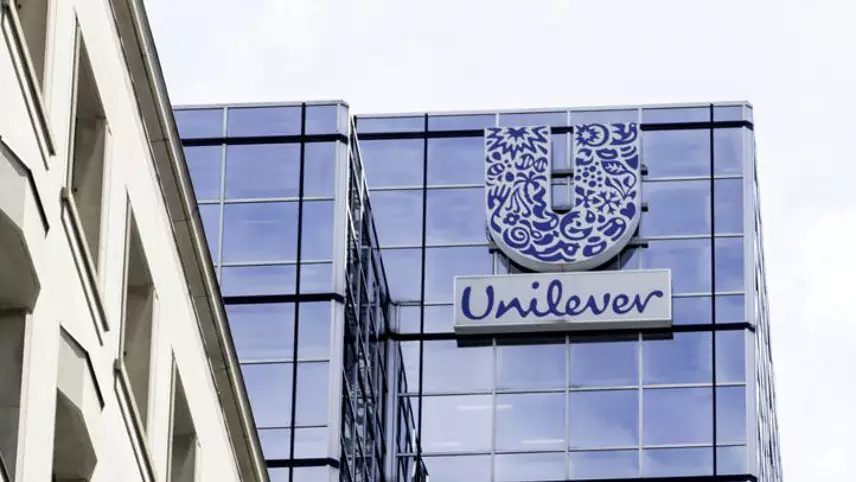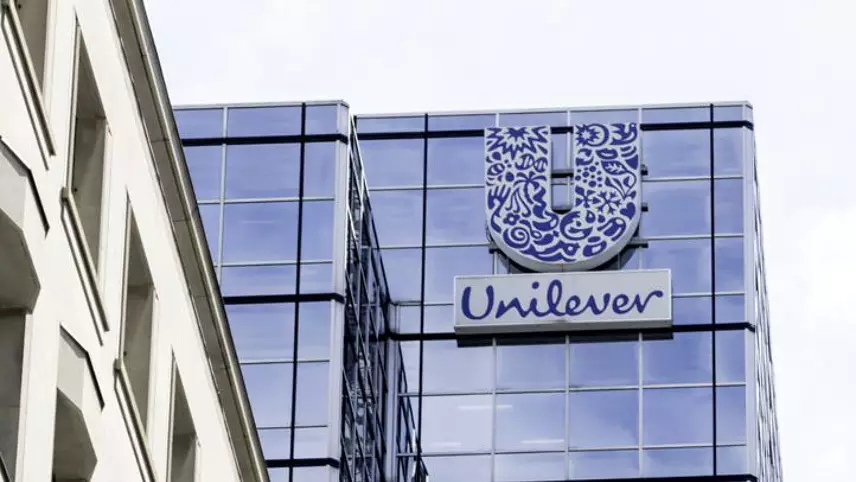Unilever, a global consumer brands company, unveils its new Climate Transition Action Plan (CTAP), setting ambitious targets to reduce emissions throughout its value chain by 2030.
Building on Past Successes
The new CTAP builds upon Unilever’s previous sustainability efforts, including its inaugural CTAP released in 2020 and its commitment to achieving net zero emissions by 2039. The company has already made significant progress, achieving a 74% reduction in operational emissions from a 2015 baseline and reducing the emissions intensity of its products by 21% compared to 2010.
Leadership’s Vision and Commitment
Unilever’s CEO Hein Schumacher and Chair Ian Meakins emphasize the benefits of transitioning to a lower-emission business model. They highlight increased resilience, efficiency, and innovation, positioning Unilever to navigate transition risks effectively.
Expansive Scope 3 Emissions Targets
The CTAP introduces new Scope 3 emissions targets, aiming for a 39% absolute reduction by 2030. These targets encompass energy and industrial emissions, as well as forest, land, and agriculture emissions associated with purchased goods and services.
Key Initiatives Driving Change
Unilever outlines several key initiatives to support its 2030 Scope 3 goals, including the Supplier Climate Program, product reformulation using lower GHG ingredients, and support for regenerative agricultural practices. Additionally, the company focuses on managing a deforestation-free supply chain and transitioning to renewable energy sources.
Shareholder Support and Engagement
Unilever’s commitment to climate action is underscored by shareholder support, with its initial climate transition plan receiving overwhelming approval in 2021. The company plans to seek shareholder approval for the new CTAP at its upcoming Annual General Meeting in May.
Collaborative Approach for Collective Impact
Rebecca Marmot, Unilever’s Chief Sustainability Officer, emphasizes the importance of collaboration in driving climate action. Unilever partners with stakeholders across its value chain to scale solutions and advocate for collective action from governments and industry.
Conclusion: A Path Towards Net Zero
Unilever’s Climate Transition Action Plan represents a significant step towards achieving its ambitious climate goals. By implementing innovative initiatives and fostering collaboration, Unilever aims to lead the way towards a sustainable, low-emission future for the benefit of both business and society.
Related: Meet Unilever’s New President of Nutrition




